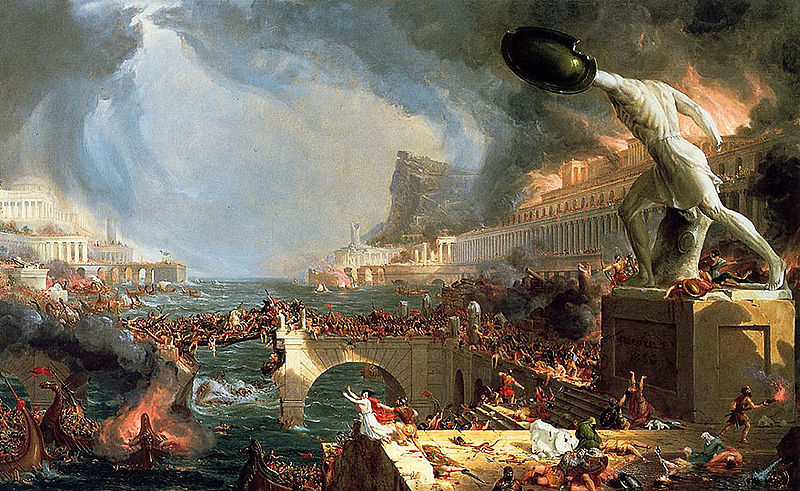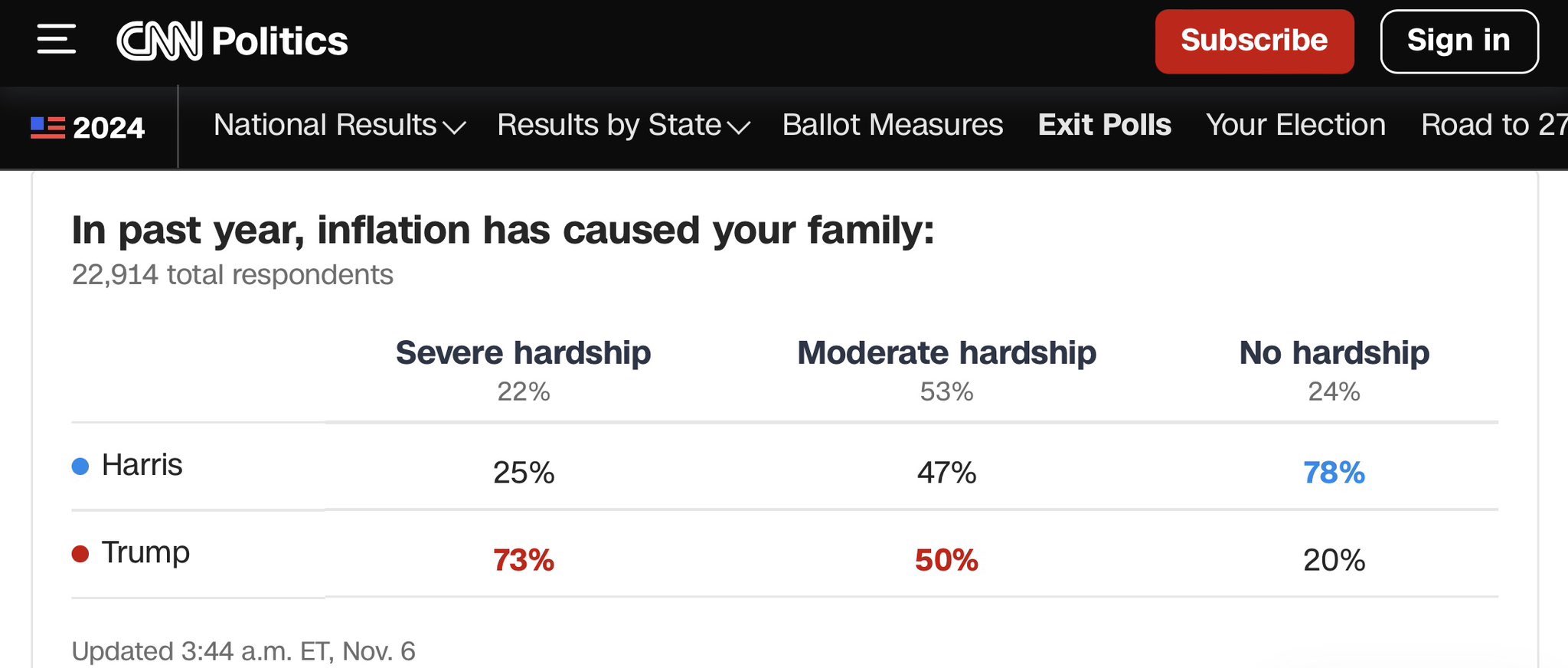As a Canadian, the issue of people removing snow from the sidewalk is a big deal. Some years ago, I lived near a house where they never removed the snow. It piled up until it was almost four feet high, and some partial thaws meant that underneath all that snow was ice. Every time I had to walk in that direction I cursed the owners (there was an SUV that came and went, so I knew it wasn’t uninhabited). One time, I did slip, and I was furious, even though the pain of the fall was minor.
Thing is, I don’t enjoy being furious or upset. Oh, a little anger is sometimes nice enough, but overall it’s an unpleasant feeling unless you’ve been having even worse emotions like fear, despair, powerlessness, or self-pity.
This is what Buddha called the second arrow. If you’ve been shot by an arrow, you’re in pain. If you’re upset that you’ve been shot by an arrow, you’re adding additional suffering.
Let’s run through three scenarios. Imagine each of them briefly, as if they happened to you:
1) You turn a corner and trip over a fallen branch, falling. You’re a little hurt (abraded hands), but basically okay. How upset are you?
2) You slip on some ice someone was supposed to clean up and fall. You’re a little hurt, but basically okay. How upset are you?
3) You’re walking down the street, and someone sticks out their leg and trips you, then laughs at you. You fall, but catch yourself. While a little hurt, you’re basically okay. How upset are you?
If you’re a normal person either #2 (negligence) or #3 (active malevolence) upsets you more. Probably, it’s the asshole who tripped you. (You might also get upset at the branch and kick it, swear at it, or enjoy breaking it, but hopefully not.)
The point here is that being upset makes your suffering worse. It also doesn’t deal with whatever caused the problem. Picking up the branch you tripped over, getting the city to fine the person not shoveling their snow, and either calling the cops or in times and places where it’s allowed, beating the hell out of the guy who tripped you might make sure there are no repeats.
You can do any of those things without being upset, through cold, clear calculation. If you don’t remove the branch, you or someone else could trip over it again. If you don’t convince the homeowner to shovel the snow, same thing. If you don’t make the tripper decide tripping people is a bad idea, he’ll do it again.
Much of why we get upset is that we have expectations about how other people should behave or even how the world should be. (How dare that branch trip you up!) Then, we think that if someone hurts us, we should get upset.
But, again, being upset doesn’t hurt the other person (though a display of anger might make a difference if you can make them scared of you) and doesn’t get them to change their behaviour. Indeed, in the case of the tripper, they want you to be upset. Your anger is part of their reward, just like how online trolls are trying to make you angry.
Being upset does hurt you, though. It makes your suffering worse.
But if you believe you should be upset, you will be.
So the first step is to ask yourself: What benefit there is to being upset? Do this all the time when something makes you upset, just ask yourself, “Does this help? Do I like feeling this?” Maybe you do (usually in the case of anger), but most of the time, the honest answer is gong to be no.
Over time, if you keep doing this, you’ll be upset less and less. You’ll change the reflex.
We add suffering to almost everything. If you get a bad headache and are upset because it “isn’t fair,” that adds suffering to the headache. If you get upset at yourself for doing something stupid, that adds suffering. I used to be like that; I stopped when I realized that, after decades of being harsh with myself, my behaviour hadn’t changed. In other words, being upset when I made a mistake wasn’t reducing the number of mistakes, it was just making me unhappy. (When I did stop being too self-critical, mistakes decreased somewhat, ironically.)
Buddha’s Second Arrow is the low-lying fruit, the easiest way to reduce your suffering — suffering which doesn’t help you deal with whatever issues you face. When you’re cool and calm, you’re more likely to fix whatever the problem is — if it can be fixed — faster and more competently than you are upset.
Pull out the second arrow.
If you’ve read this far, and you read a lot of my articles, you might wish to Subscribe or donate. I’ve written over 3,500 posts, and the site, and Ian, take money to run.



